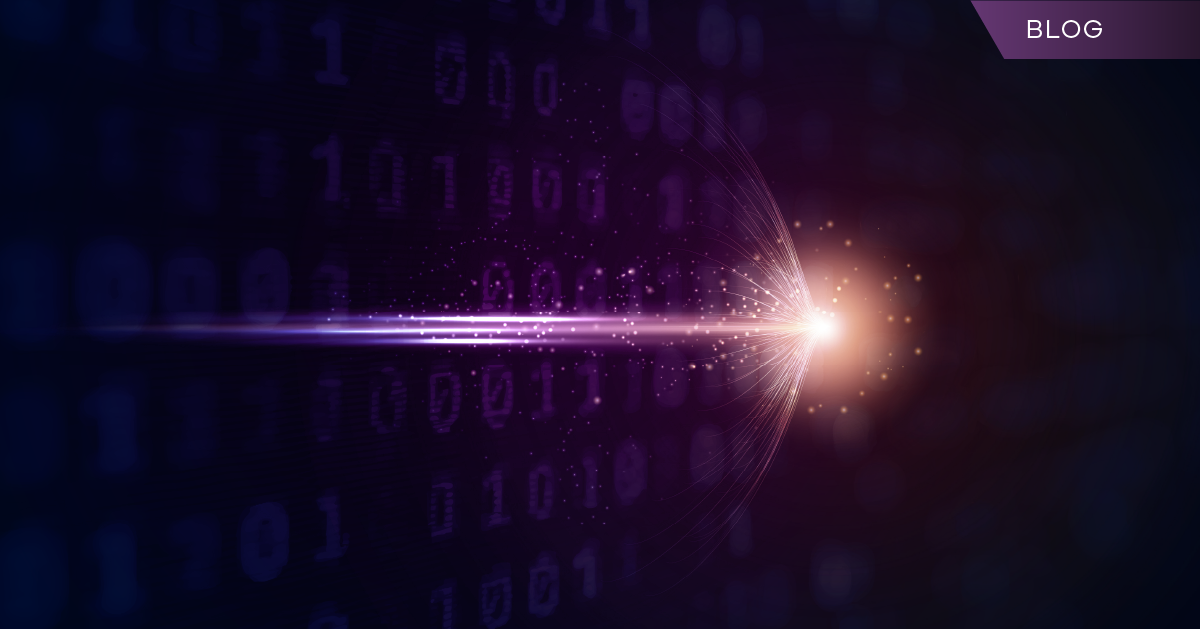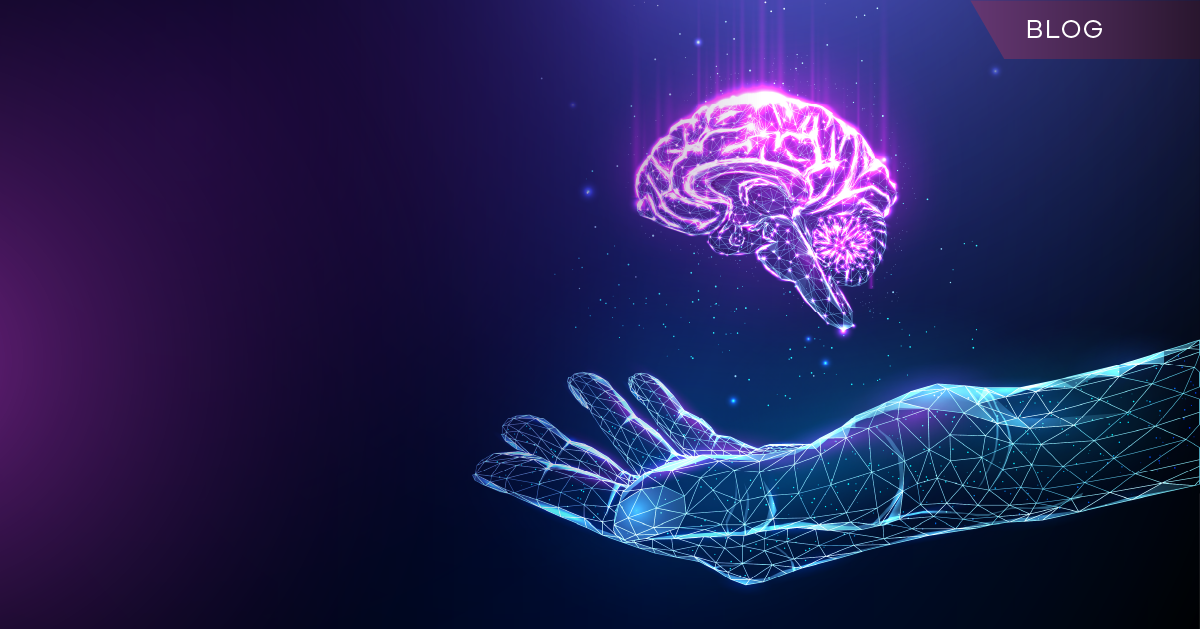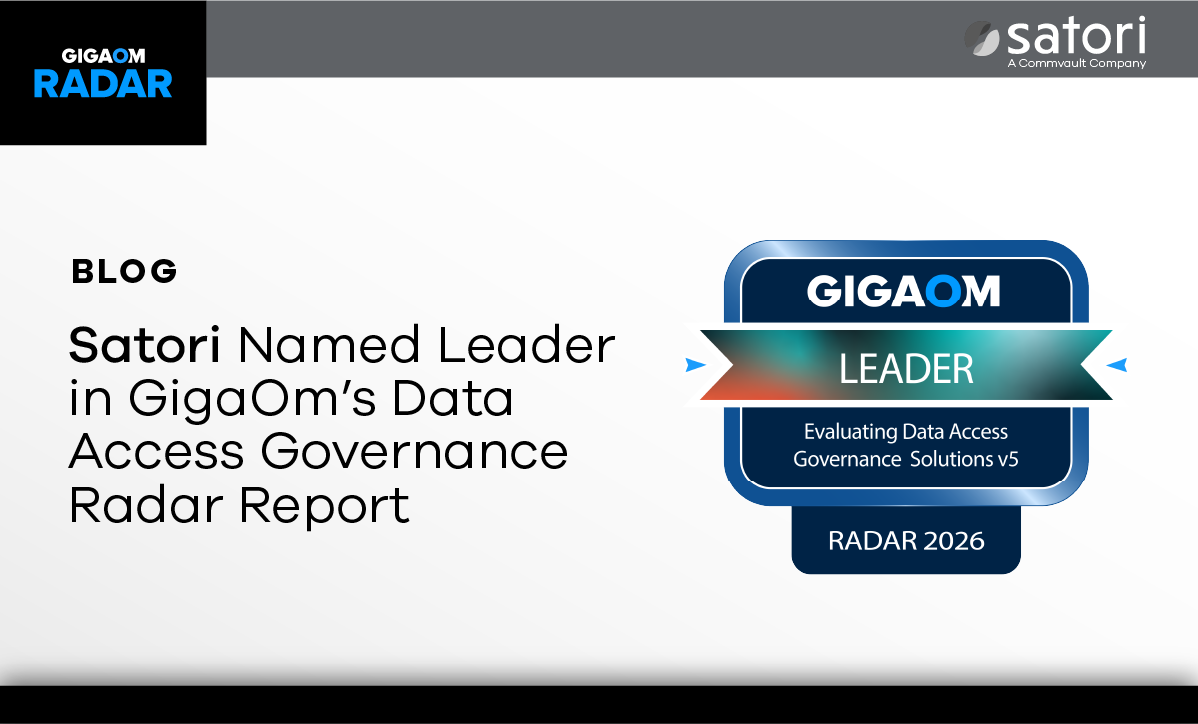Key Takeaways
- Conversational resilience enables users to perform resilience and data protection operations in Commvault Cloud through natural-language prompts using AI assistants such as ChatGPT or Claude, governed by Commvault’s MCP server.
- The MCP framework provides auditable APIs and governed access for AI systems to discover datasets and perform secure, compliant actions aligned with Responsible AI and NIST AMF 1.0.
- App, database, and DevOps teams gain the ability to back up or protect workloads directly within their workflows, while administrators maintain centralized governance, retention, and compliance oversight.
- This approach decentralizes data protection execution while keeping visibility, auditability, and cost optimization under a unified platform.
- Early adopters have successfully used conversational resilience to streamline protection of modern, cloud-native workloads with minimal operational change.
For decades, data protection has depended on experts – specialists trained to navigate complex consoles, scripts, and workflows to keep businesses resilient. But today, AI is changing how we interact with technology. The next great leap in cyber resilience isn’t about a new dashboard. It’s about conversation.
Today, Commvault is introducing Conversational Resilience, an innovation that turns natural language into a new interface for managing and protecting enterprise data. Built on Commvault’s Model Context Protocol (MCP) server, it lets users talk to Commvault Cloud through the generative AI assistants they already use – such as Anthropic’s Claude or OpenAI’s ChatGPT Enterprise – to configure, automate, and verify resilience tasks safely and intuitively.
Conversation as the Interface
Conversational Resilience lowers the barrier to entry for managing data protection. Anyone – from a business user to an experienced admin – can perform complex tasks simply by asking.
- Simplicity: Natural language makes it easier for new users to operate enterprise-grade tools confidently.
- Productivity: Seasoned admins save time by skipping manual steps and scripting.
- Flexibility: The experience works with any MCP-compatible gen AI assistant and even supports voice interaction where available.
- Collaboration: It isn’t just chat – it’s a secure, policy-governed way to get work done together.
How Conversational Resilience Works
Enterprises today operate across dynamic, multi-cloud environments with constantly evolving workloads and policies. Keeping data protection aligned with that pace requires visibility, speed, and consistency. AI assistants can help address these challenges – but only if they can connect securely to enterprise systems.
That’s where Commvault’s MCP server comes in. It provides the safe, open framework for AI assistants to work directly with Commvault and connected platforms, creating a trusted foundation for secure automation in a multi-agent world.
MCP is an open standard introduced by Anthropic that defines how AI assistants can safely interact with external systems. Commvault’s MCP server implements this standard to connect Commvault Cloud with gen AI assistants – enforcing authentication, access, and encryption at every step.
When a user issues a request such as “Check my backup status” or “Set up protection for Docusign,” the assistant passes that request through Commvault’s MCP server. MCP verifies the user’s identity through role-based access controls (RBAC), executes the appropriate API calls, and records every event for auditing.
Because MCP is an open standard, it’s compatible with any assistant that supports the protocol. Commvault validated its integration with Claude by Anthropic first and plans to expand to additional assistants and regional models in future releases.
In a broader AI ecosystem, MCP provides the consistent, policy-controlled layer that allows multiple AI assistants, copilots, and IT platforms to work together safely. Whether it’s orchestrating recovery tasks, integrating with ServiceNow workflows, or connecting to enterprise copilots, MCP extends Commvault’s trusted protection into every corner of the AI landscape.
How It Works

A Conversation in Action
Commvault’s demo shows how a user can back up Docusign data simply by talking to Claude.

Claude retrieves the user’s backup plans and retention options, asking for selections in plain language – no scripts or console-hopping required.

After the user specifies the backup plan and S3 endpoint URL, Claude helps schedule and run the backup automatically, confirming job IDs and schedules through Commvault’s MCP integration.
Behind the scenes, MCP applies policies, validates permissions, and logs every action – giving enterprises the ease of conversation with the rigor of enterprise governance.
What You Can Do Today
Through MCP, users already can manage a wide range of operational and reporting actions across Commvault Cloud – from job and CommCell management to storage visibility, scheduling, and reporting. They also can perform backup and recovery workflows for Docusign, with additional workloads on the roadmap.
Because MCP follows open standards, it also can connect with systems like ServiceNow, allowing users to create or update incidents for failed backup jobs directly through conversation. It’s a first step toward a unified, conversational operations layer that ties data protection to the broader IT ecosystem.
Security and Governance, by Design
Every conversational action is governed by Commvault’s proven security model.
- RBAC enforcement: Users authenticate through existing access controls, and those permissions automatically apply to MCP sessions.
- Comprehensive auditing: All MCP activity is logged through the same audit trail used for Commvault’s REST APIs. Logs are retained and exportable for compliance.
- Responsible AI alignment: MCP interactions inherit Commvault’s alignment with the NIST AI Risk Management Framework and the company’s Responsible AI principles.
Simplicity never replaces security – it extends it.
The Value: Simple. Fast. Trusted.
Conversational Resilience brings three principles together:
- Simple: Natural-language commands replace complex navigation.
- Fast: Actions that once took minutes or required coordination now happen instantly.
- Trusted: Everything is policy-controlled, authenticated, and fully auditable.
By combining human-level interaction with enterprise-grade control, Commvault is redefining what “ease of use” means for cyber resilience.
Looking Ahead: The Path to Agentic Operations
Conversational Resilience is just the beginning. MCP lays the groundwork for agentic operations – where AI can act safely and autonomously within defined policy boundaries.
Commvault is extending MCP to include multi-person authorization for sensitive workloads and to support more gen AI assistants and regional model deployments. As capabilities grow, customers will be able to integrate MCP into orchestration platforms such as ServiceNow and future enterprise copilots, enabling a new level of operational intelligence and resilience.
Learn More
To explore the technology, watch the demo, read the documentation, and visit the open-source Commvault MCP Server on GitHub.
FAQs
Q: What is Conversational Resilience?
A: Conversational Resilience is a new capability in Commvault Cloud that allows teams to interact with their backup and recovery environments using natural-language prompts through enterprise AI assistants such as ChatGPT Enterprise and Claude. It simplifies operations, helping users perform protection and recovery tasks through intuitive, plain-language interactions.
Q: What are “agentic operations”?
A: Agentic operations go beyond basic chat interactions. They enable AI assistants to act on behalf of authorized users within defined governance boundaries. In Commvault Cloud, these operations are built on the MCP server, allowing recovery and protection workflows to be automated within policy-controlled, role-based, and auditable processes.
Q: How does the MCP work?
A: MCP acts as a bridge between gen AI assistants and Commvault Cloud. It converts natural-language requests into authenticated API calls that run within existing enterprise policies. All MCP actions pass through standard REST APIs, so RBAC, authentication, and event logging apply automatically – helping give organizations visibility into every activity performed.
Q: How are these operations kept governed and transparent?
A: MCP is designed for policy-controlled automation. Every task initiated through conversational or agentic workflows is logged and subject to RBAC permissions. These capabilities are aligned with the NIST AI Risk Management Framework (AMF 1.0) and Commvault’s Responsible AI principles to help customers maintain trust, oversight, and accountability.
Q: What’s the difference between conversational and agentic resilience?
A: Conversational Resilience allows users to request information or start protection and recovery tasks using natural language. Agentic Resilience builds on that capability by allowing AI assistants, under customer-defined policies, to carry out approved actions such as scheduling recoveries or initiating backups – all with full visibility and audit trails.
Vir Choksi is Principal Product Marketing Manager at Commvault.


